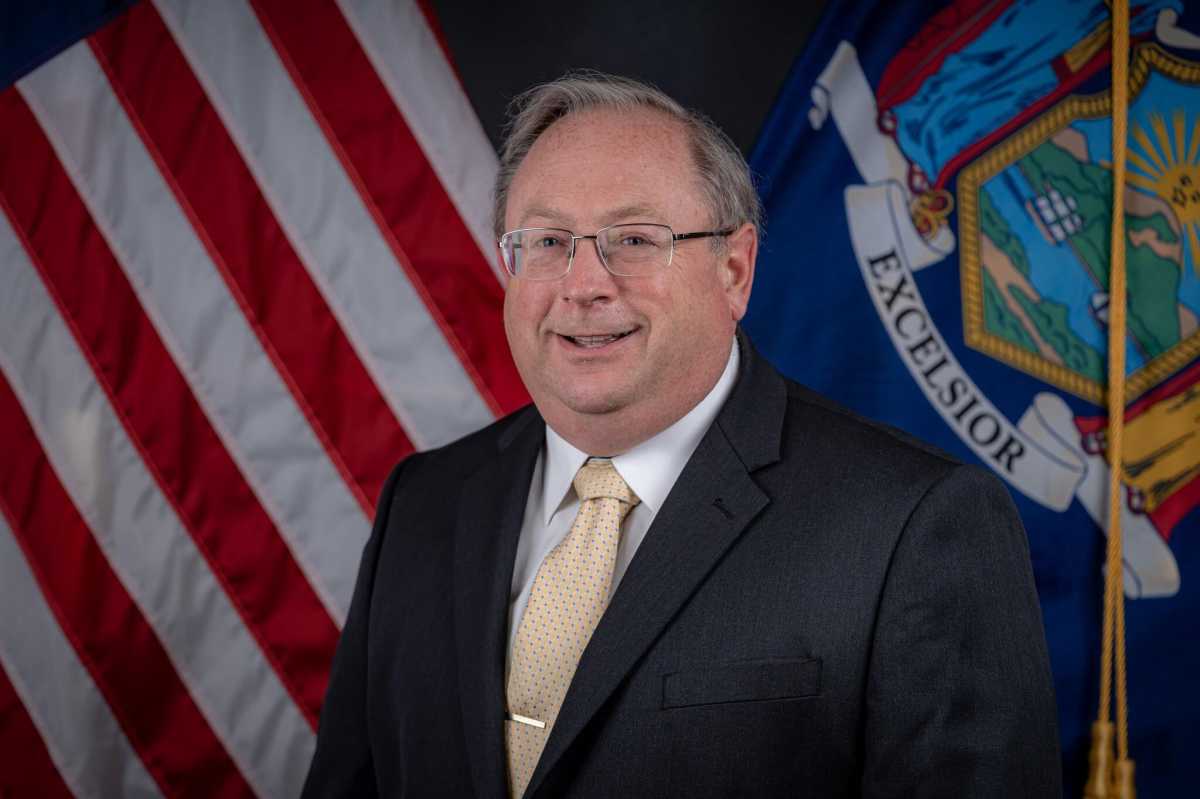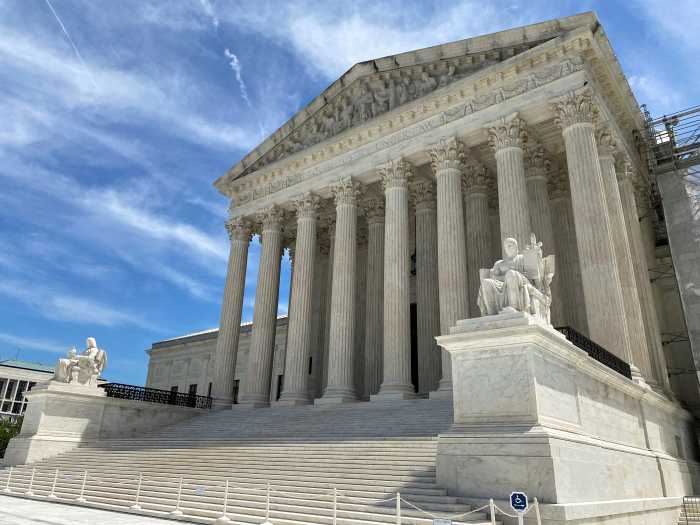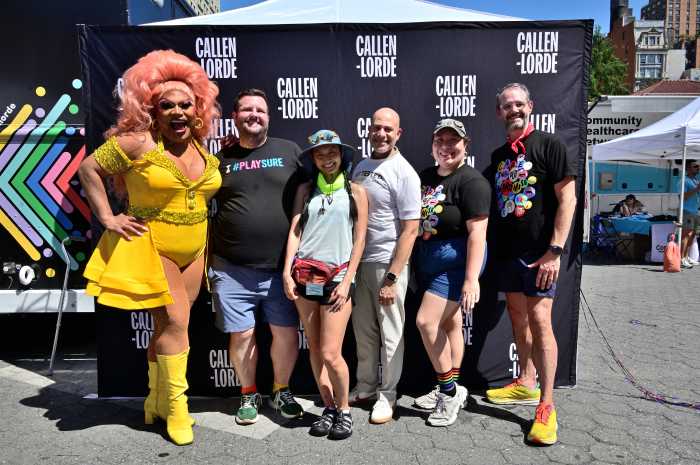The New York City and State health departments are teaming up to launch an mpox vaccination awareness campaign one year after an outbreak gripped the community over the spring and summer of 2022.
New York City declared an end to the outbreak in February after consecutive months of minimal spread, and no new cases of mpox — formerly known as monkeypox — have been reported in New York State since March 17, according to the state’s website. Since last year’s outbreak, mpox has spread primarily through sexual contact and almost exclusively among men who have sex with men, though there have been some exceptions. Immunocompromised individuals have also been impacted.
The primary goal of the awareness campaign in New York is to encourage individuals at risk of mpox to receive the two-dose JYNNEOS vaccine — and that is especially important this year because roughly half of the 102,183 people who received their first dose of the vaccine in New York City last year never returned for their second shot. The shot is administered four weeks apart and people are deemed fully vaccinated two weeks after the final shot.
The new awareness campaign, which will run through the summer, includes posters about mpox online and in locations like stores as well as a health advisory to providers encouraging them to recommend the vaccine to those at risk. The proactive approach comes after health officials faced significant criticism last year due to slow vaccine rollout as cases exploded across the country and around the world. Health officials scrambled to open temporary mpox clinics on a whim, technical glitches prevented people from scheduling appointments, and racial disparities emerged among those who did get the shot.
While mpox remains low nationwide, there are some warning signs, such as in Chicago, where health officials have seen seven cases since April 17 after seeing just one case in nearly three months.
There is also the possibility of outbreaks elsewhere. The Centers for Disease Control and Prevention (CDC) issued a risk assessment stating that areas without sufficient vaccination have a 35% chance of an mpox outbreak.
“Last year’s mpox outbreak took place during the spring and summer months and most impacted communities of men who have sex with men and immunocompromised individuals,” Acting New York State Health Commissioner Dr. James McDonald said in a written statement. “This year, while mpox cases are extremely low in New York, cases continue to be diagnosed here in New York and around the globe and there is still a risk of resurgence. We are taking proactive measures now to encourage those at risk to get fully vaccinated by getting both doses. Taking this measure of protection is a gesture of self-love and love for the communities in which you live.”
Dr. Ashwin Vasan, the New York City health commissioner, acknowledged that summer and spring represent “a great time for people to connect” and said the city encourages people to “enjoy their sex lives more safely by getting vaccinated for mpox.”
“The city — along with our tremendous community partners — have resources available to help New Yorkers take charge of their sexual health and celebrate a safer, healthier spring and summer,” he added.
One of the advertisements in the awareness campaign shows two hands touching above text that reads, “It takes two. To hug… To Tango… Two doses to protect yourself for mpox. Start your mpox vaccine series today!” Another ad shows a person’s skin and tattoo alongside text noting that mpox can spread “through close, personal, skin-to-skin contact” and that people should “get vaccinated for you and your community.”
Similar messages are being disseminated in Chicago in light of the seven new cases there. Dr. Patrick Gibbons, the chief medical director at a Chicago-based LGBTQ non-profit called Howard Brown Health, pointed to upcoming events — such as International Mr. Leather in Chicago — as he encouraged unvaccinated people to get jabbed as soon as possible.
“We urge sexually active members of our community to receive the mpox vaccine,” Gibbons said. “The more people who get vaccinated, the better protected the LGBTQ+ community will be from another outbreak of [mpox] this year.”
In New York, the city and state already sent a letter to doctors who provide sexual health and HIV services to encourage them to offer mpox vaccines, counseling, screening, testing, and treatment. The city health department provided webinars and instructions for providers about how to prevent outbreaks and another webinar is slated during the spring.
The state said it received $2.8 million in funding to provide doctors with community-based services to spread awareness about mpox and to help respond to outbreaks.
According to the New York City Department of Health and Mental Hygiene, mpox symptoms include rash or sores, and at times, flu-like symptoms. The symptoms begin within three to 17 days and can last for two to four weeks.
In addition to vaccination, other ways of protecting yourself against mpox include avoiding skin-to-skin contact with someone who has a rash or any mpox-like symptoms and talking with sexual partners about whether they have any symptoms of mpox or other STIs.
Those who are diagnosed with mpox and develop rashes are encouraged to keep the impacted area clean, avoid sun exposure to prevent discoloration, and discuss treatment options with providers.

































